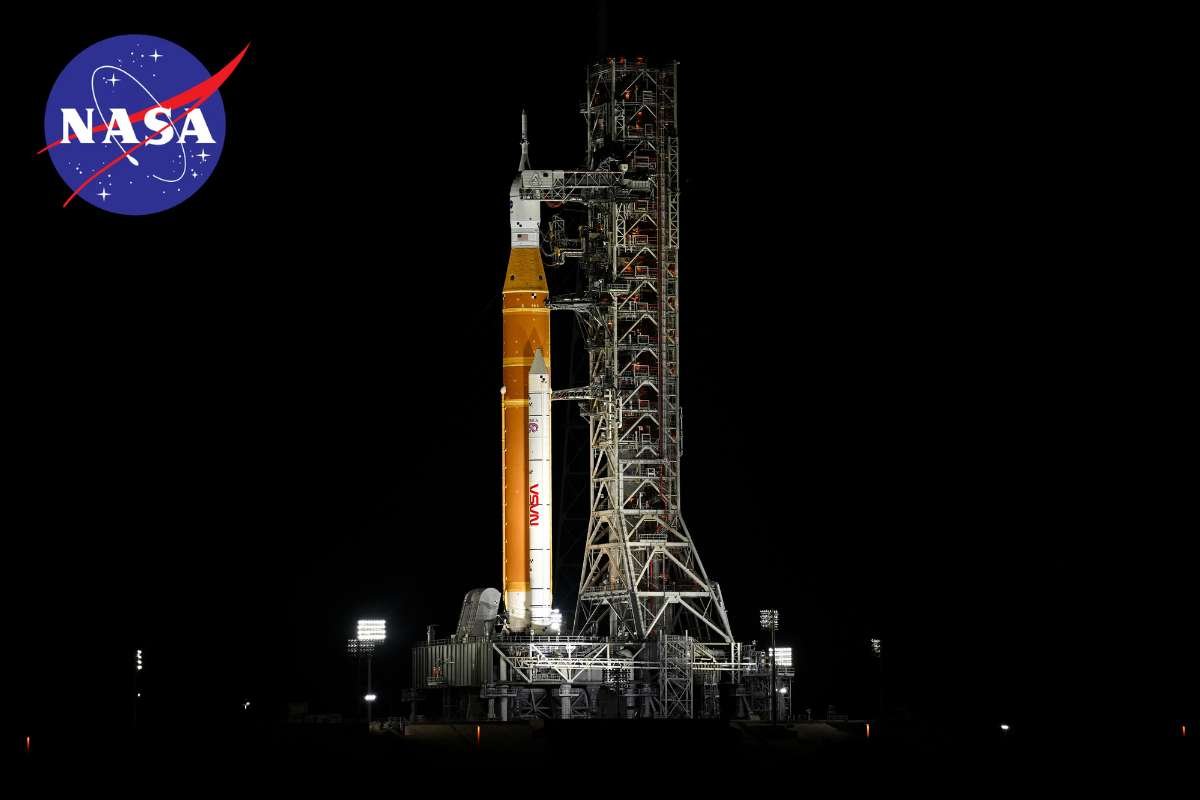Google’s AI Momentum Accelerates Across the Globe
At the annual Google Cloud Next 25 conference, the tech giant showcased its latest advancements in artificial intelligence, highlighting how AI is reshaping industries, workflows, and daily productivity. With more than four million developers now leveraging the Gemini AI model family, Google reports a 20-fold increase in Vertex AI usage over the past year. Alongside Gemini, other models such as Imagen for image generation and Veo for video content have driven this growth.
Within Google Workspace, AI integration has already become routine — with over two billion AI-powered assists delivered each month across apps like Docs, Sheets, and Meet. The impact has been transformational, enabling users to boost productivity, automate routine tasks, and streamline communication. Google emphasized its commitment to making AI more accessible, powerful, and cost-effective for individuals and organizations worldwide.
Major Announcements Set the Stage for the Next AI Era
During the event, Google unveiled a host of significant updates designed to enhance its AI capabilities and infrastructure. Among the headline reveals was Ironwood, Google’s most advanced Tensor Processing Unit (TPU) to date. Slated for release later this year, Ironwood promises five times more peak compute power and six times the high-bandwidth memory compared to its predecessor — a leap forward in supporting inference-based AI workloads.
At Google Cloud Next 25, the company expanded its generative media capabilities by integrating Lyria into Vertex AI, establishing itself as the only platform offering generative models for video, image, speech, and music. In addition, updates to Gemini in Workspace were announced, bringing deeper AI enhancements to familiar tools like Google Docs, Chat, and Meet, helping users collaborate and create with greater efficiency.
Another key innovation introduced was Agentspace, a platform that simplifies the creation, discovery, and deployment of AI agents. As part of this initiative, Google launched an AI Agent Marketplace, where organizations can easily browse and adopt agents developed by trusted partners. The debut of the Agent Development Kit (ADK) and Agent2Agent (A2A) protocol also marked a move toward more flexible, collaborative, and interoperable AI agent ecosystems.
New Tools, Enhanced Security, and Global Connectivity
In addition to agent-based innovations, Google announced Gemini 2.5 Flash, a high-performance model designed for low latency and cost-effective deployment, soon to be available in Vertex AI. Security also took center stage with the introduction of Google Unified Security — an all-in-one solution combining threat intelligence, operations, cloud protection, and secure enterprise browsing, all powered by AI.
Rounding out the updates, Google introduced Cloud WAN (Wide Area Network), making its robust internal network — the same infrastructure powering services like Gmail and Google Search — available to global organizations. This move allows businesses to tap into Google’s high-speed, low-latency backbone for enhanced connectivity and performance.
From cutting-edge chips to AI-driven workflows, the announcements at Google Cloud Next 25 signal a major leap forward in AI accessibility, performance, and integration — setting the tone for how companies and users worldwide will harness the power of artificial intelligence in the years ahead.
Visit The Enterprise World for the most recent information.


















